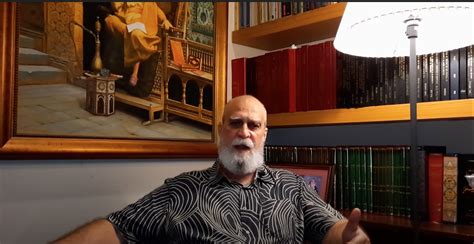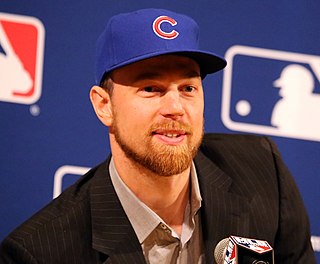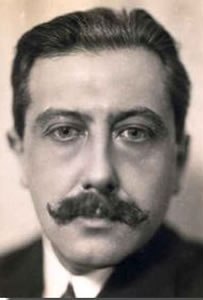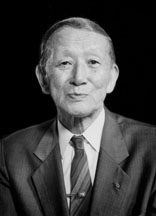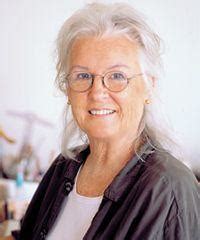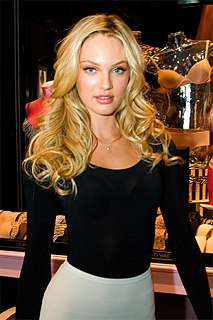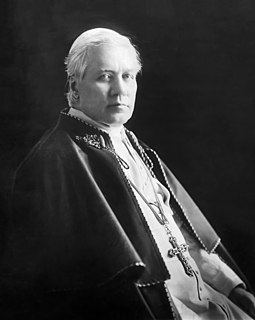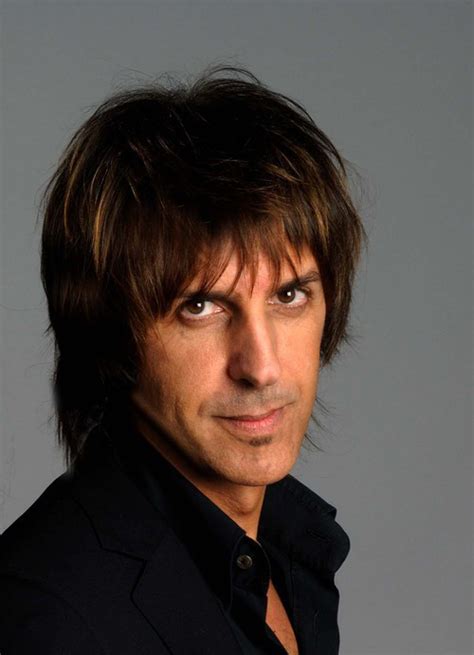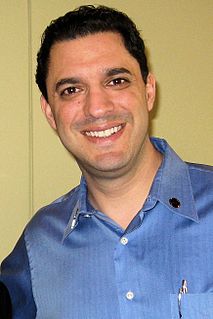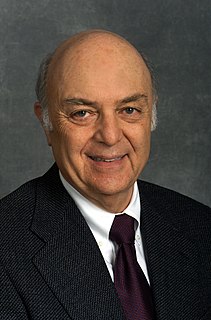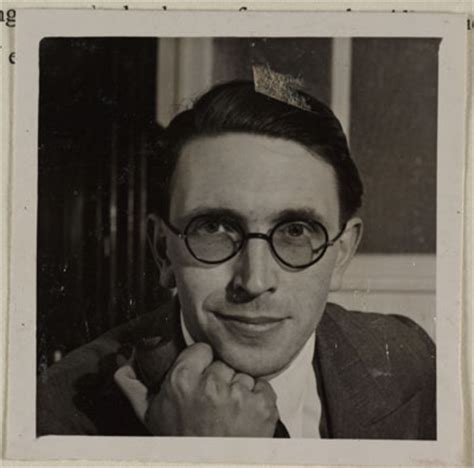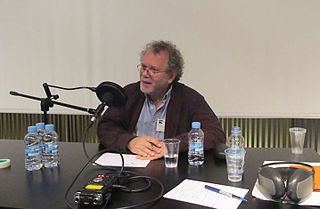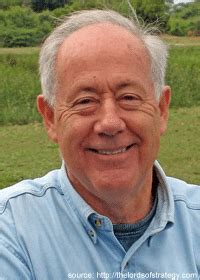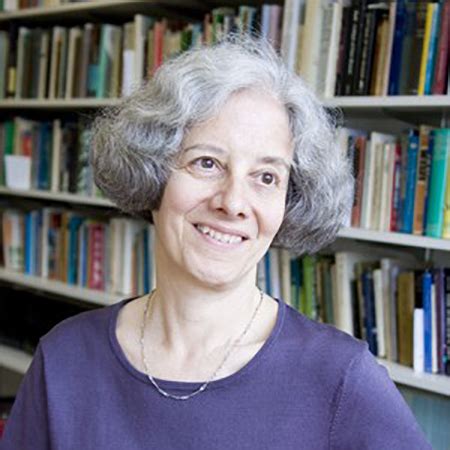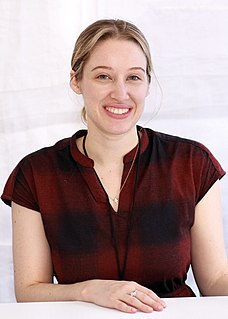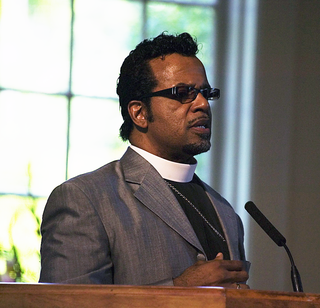Top 1200 Truth And Knowledge Quotes & Sayings - Page 20
Explore popular Truth And Knowledge quotes.
Last updated on April 15, 2025.
The production of knowledge in schools today is instrumental, wedded to objective outcomes, privatized, and is largely geared to produce consuming subjects. The organizational structures that make such knowledge possible enact serious costs on any viable notion of critical education and critical pedagogy. Teachers are deskilled, largely reduced to teaching for the test, business culture organizes the governance structures of schooling, knowledge is viewed as a commodity, and students are treated reductively as both consumers and workers.
At the outset do not be worried about this big question-Truth. It is a very simple matter if each one of you starts with the desire to get as much as possible. No human being is constituted to know the truth, the whole truth, and nothing but the truth; and even the best of men must be content with fragments, with partial glimpses, never the full fruition. In this unsatisfied quest the attitude of mind, the desire, the thirst-a thirst that from the soul must arise!-the fervent longing, are the be-all and the end-all.
I still have a lot to learn about what the love of Christ is like - that it's not just knowledge... but it's allowing the truth to change you - allowing Christ's message of grace and hope and love through the cross, that that message is the message that changes the way we look at everything in our lives.
[Eugene Smith] was always writing these diatribes about truth, and how he wanted to tell the truth, the truth, the truth. It was a real rebel position. It was kind of like a teenager's position: why can't things be like they should be? Why can't I do what I want? I latched on to that philosophy. One day I snapped, hey, you know, I know a story that no one's ever told, never seen, and I've lived it. It's my own story and my friends' story.
This missing science of heredity, this unworked mine of knowledge on the borderland of biology and anthropology, which for all practical purposes is as unworked now as it was in the days of Plato, is, in simple truth, ten times more important to humanity than all the chemistry and physics, all the technical and indsutrial science that ever has been or ever will be discovered.
Truly we are passing through disastrous times, when we may well make our own the lamentation of the Prophet: "There is no truth, and there is no mercy, and there is no knowledge of God in the land" (Hosea 4:1). Yet in the midst of this tide of evil, the Virgin Most Merciful rises before our eyes like a rainbow, as the arbiter of peace between God and man.
Isolating the student from large sections of human knowledge is not the basis of a Christian education. Rather it is giving him or her the framework for total truth, rooted in the Creator's existence and in the Bible's teaching, so that in each step of the formal learning process the student will understand what is true and what is false and why it is true or false.
The best society, the best human existence, arrives when humans most closely determine the truth, and act on the truth, and separate it from superstition, falsity, or misinformation. And there is no better system for determining the truth than free speech: Testing the validity of an idea in the waters of public discussion and debate.
Error is a supposition that pleasure and pain, that intelligence, substance, life, are existent in matter. Error is neither Mind nor one of Mind's faculties. Error is the contradiction of Truth. Error is a belief without understanding. Error is unreal because untrue. It is that which stemma to be and is not. If error were true, its truth would be error, and we should have a self-evident absurdity -namely, erroneous truth. Thus we should continue to lose the standard of Truth.
Ah, the truth, what a thing it is! I sacrifice so much for it, with people: I forego, for truth's sake, discretion, loyalty, diplomacy, tact, polite manners, elegance, grace, poise, balance, good taste, conformity, image-role, fashionableness, polish, confidences, promises, ambition, consistency, identity, clarity, comprehensibleness, good will, hypocrisy, and lots of other things--amass sacrifice, at truth's altar. God! is truth worth it? I hope it is. It better be, in fact.
For where is the man that has incontestable evidence of the truth of all that he holds, or of the falsehood of all he condemns; or can say that he has examined to the bottom all his own, or other men's opinions? The necessity of believing without knowledge, nay often upon very slight grounds, in this fleeting state of action and blindness we are in, should make us more busy and careful to inform ourselves than constrain others.
We certainly have to have a view about knowledge in order to decide whether some version of foreknowledge is necessary for inquiry or whether some philosopher or other thinks it is. Roughly, the more demanding our conception of knowledge is, the less plausible foreknowledge is; the weaker our conception of knowledge is, the more plausible foreknowledge is.
Truth, acceptance of the truth, is a shattering experience. It shatters the binding shroud of culture trance. It rips apart smugness, arrogance, superiority, and self-importance. It requires acknowledgment of responsibility for the nature and quality of each of our own lives, our own inner lives as well as the life of the world. Truth, inwardly accepted, humbling truth, makes one vulnerable. You can't be right, self-righteous, and truthful at the same time.
Anytime that knowledge and a version of the truth are considered to be absolute, fundamentalism is the result, whether the arena is Christianity, Islam, Judaism, or any other religious faith, as well as atheism, conservative or liberal political views, even evolution or intelligent design. Anytime our minds are closed and there is no room for dissent, we are on a slippery slope towards stagnation.
The authority of science promotes and encourages the activity of observing, comparing, measuring and ordering the physical characteristics of human bodies. Cartesian epistemology and classical ideals produced forms of rationality, scientificity and objectivity that, though efficacious in the quest for truth and knowledge, prohibited the intelligibility and legitimacy of black equality. In fact, to "think" such an idea was to be deemed irrational, barbaric or mad.
Everybody is looking with his own world of desires, expectations, passions, lust, greed, anger. There are a thousand and one things standing between you and your world; that's why you don't ever see it as it is. Once your eye is completely clean, clean of all the dust, once it becomes a pure mirror, it reflects that which is. And that is truth and truth liberates, but it has to be your own. My truth cannot liberate you, Buddha's truth cannot liberate you. There is only one possibility of liberation, that is your own truth. And all that you have to do is to create a dispassionate eye.
You have to be very careful introducing the truth to the black man, who has never previously heard the truth about himself. The black brother is so brainwashed that he may reject the truth when he first hears it. You have to drop a little bit on him at a time, and wait a while to let that sink in before advancing to the next step
The Truth is far more all-encompassing than the mind could ever comprehend. No thought can encapsulate the Truth. At best, it can point to it. For example, it can say: "All things are intrinsically one (The Pearl of Great Price)." That is a pointer, not an explanation. Understanding these words means feeling deep within you the truth to which they point.

